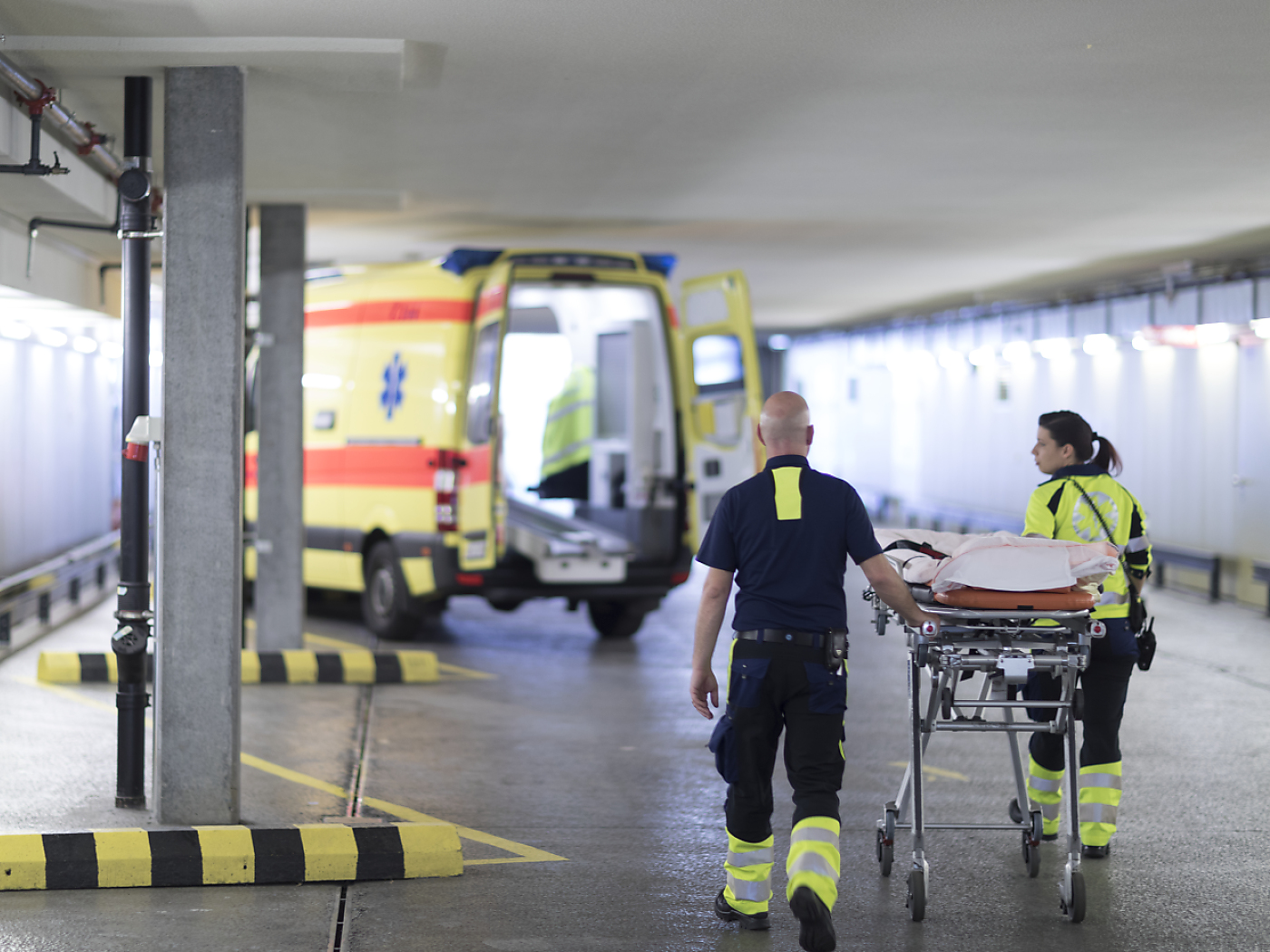
Landmark AI diagnostic test disappoints Swiss hospital

An artificial intelligence (AI) system tested in a Swiss hospital has failed to improve the accuracy of medical diagnoses.
+ Get the most important news from Switzerland in your inbox
The ‘world’s first study on an AI-based diagnostic system in acute medicine’ failed to meet the high expectations of researchers, the Bern Inselspital announced on Monday.
+ What’s new for Swiss AI in 2025?
According to a study published in the journal The Lancet Digital Health, the system showed no measurable advantage over conventional diagnostic methods.
For the study, the researchers examined the diagnoses of around 1,200 patients who were treated with non-specific complaints in four Swiss emergency departments. The researchers used the AI-based Isabel Pro system to help diagnose some of the patients.
In both groups, 18% of patients showed quality problems in the diagnoses over a two week period.

More
How do you build trust in new technologies?
Translated from German with DeepL/mga
This news story has been written and carefully fact-checked by an external editorial team. At SWI swissinfo.ch we select the most relevant news for an international audience and use automatic translation tools such as DeepL to translate it into English. Providing you with automatically translated news gives us the time to write more in-depth articles.
If you want to know more about how we work, have a look here, if you want to learn more about how we use technology, click here, and if you have feedback on this news story please write to english@swissinfo.ch.

In compliance with the JTI standards
More: SWI swissinfo.ch certified by the Journalism Trust Initiative






























You can find an overview of ongoing debates with our journalists here . Please join us!
If you want to start a conversation about a topic raised in this article or want to report factual errors, email us at english@swissinfo.ch.